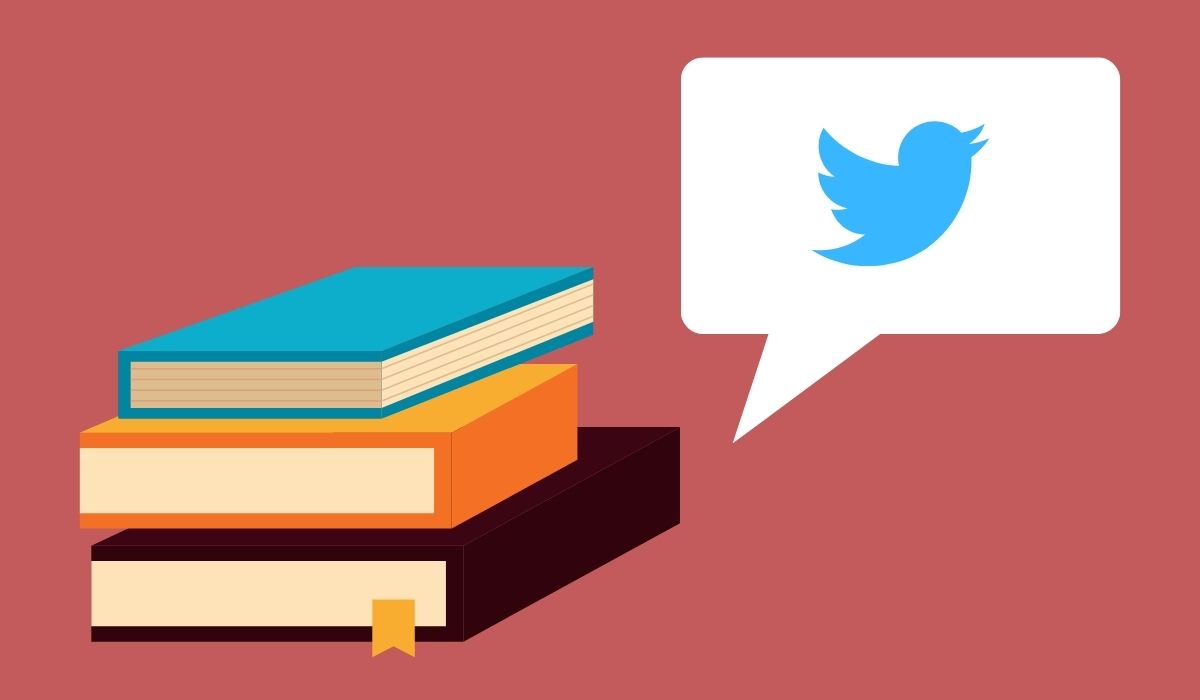Publishing, like many other industries, has a massive issue regarding the representation of marginalized voices. While it’s gotten slightly better in some very specific lanes (genres, age categories, etc.), the industry overall—including but not limited to the editorial staff, agents, authors/artists, ARC reviewers, etc.—does not reflect the diversity in readership or our interests. This is both in visible representation as well as the larger avenues like centering hardship/suffering over stories of adventure and joy.
Most of this is due to systemic problems that nearly every single publishing-related company refuses to address, no matter what so-called statement they put out in the summer of 2020 after the murder of another Black man by the police. However, that doesn’t mean individuals thriving in the system don’t actively prolong these injustices through outright bigotry. One perfect example of someone being really transparent about their disdain for social progress and activity vocalizing it in publishing is WordWise Media Services founder Steven Hutson.
Beware the Wordwise Lit
I, like many others in the writing and reading community, first noticed Hutson via his quasi-unsolicited advice on Twitter. Many newer writers will pitch, query, and in a way, manifest their book idea online with a sort of mood board and descriptor words. As a literary agent, Hutson will interact with these posts and answer questions. He will often reply very paternalistic, rude, and snarky to everyone but seems to take a certain amount of pleasure in smug, dog-whistle (lite) comments to marginalized writers.
This was one of the most recent examples, but Huston has done this before. When marginalized writers use identity-related aspects in their pitches and queries, his contribution is a collection of methods to say “that’s the wrong thing to focus on.” When really, it seems he is very bothered that someone is explicitly marketing their book like so.
Previously, I stated that this interaction was quasi-unwarranted. Yes, they’re seeking input—but not asking for rude comments that are just on the edge of racists/homophobic that an average person will not recognize what he’s doing. Anyway, it’s not just looking under general query and pitch tags; he also appears to seek out some hashtags specifically created to help historically underrepresented voices.
To an untrained reader or someone very new to the internet, it may look like he’s being insensitive or maybe he’s just unaware of the optics and how this comes off. We’re the ones “making it about race.” However, it’s just that sometimes Hutson isn’t as explicit about it. For example, the day after he made a comment about Black fairies, he decided to wade into the conversation about white writers writing non-white characters in their novels.
He then labeled the steps in addressing these concerns (which, according to the original image, is just an agent asking a writer to justify the decision to make the character a different race from their own) by calling it “the current woke trend in the biz.” If the red flags and lights weren’t flickering at earlier comments, this should sound like a full-blown alarm.
A history of anti-Blackness and disturbing comments
Like many expressions of bigotry, these comments and opinions are new but have been festering for a while. Hutson spreads racist misinformation across Quora, and shares these threads on Twitter. His opinions are platformed by esteemed industry institutions, too. In 2018, Hutson penned an opinion in Publisher’s Weekly entitled “Defining Literary Diversity.” Here, he lamented that at the Los Angeles Times “Festival of Books,” lots of attendees personally celebrated the championing of diverse stories. In his opinion, this was indicative of a large issue in publishing. Hutson saw this focus on diversity to actually be indicative of a lack of “diversity of thought.”
Now, is there something to say about the industry grandstanding over action? Absolutely. Not much has changed since 2018. However, his issue is not the institutions’ empty words, but that in emphasizing diversity, we don’t hear enough from the other side, by which I can only assume he means the people against diversity? No white rant against all things “woke” would be complete without a twisted allusion to the Civil Rights movement, and so, of course, Hutson obliged in the post.
Back in the 1970s, the city schools in Los Angeles attempted to compel diversity (we called it integration) by bussing black kids to white schools, and white kids to black schools. But this diversity was not intended as an end unto itself. The idea was that we could learn from one another, build bridges of understanding, and overcome the hostilities of the past—if only we could meet. As a student, I was absolutely on board with the end, even as I disagreed with the means.
In the republished edition of this opinion, Hutson clarified that he actually reads book submissions through a colorblind lens (which isn’t possible) and that writers will accuse him of racism for not picking up their books. All of his public comments make it hard to believe that these writers were coming out of nowhere.
That hasn’t stopped institutions from inviting him to panels and events—even ones specifically about writers of color. Between him and the success of Amy Einhorn, we’re reminded of the power of the individuals and the larger structural problems that continue to hold back publishing (and the rippling effects on the imagination) from its full potential.
(featured image: Alyssa Shotwell and Twitter)
—The Mary Sue has a strict comment policy that forbids, but is not limited to, personal insults toward anyone, hate speech, and trolling.—










Published: Jan 26, 2023 03:59 pm